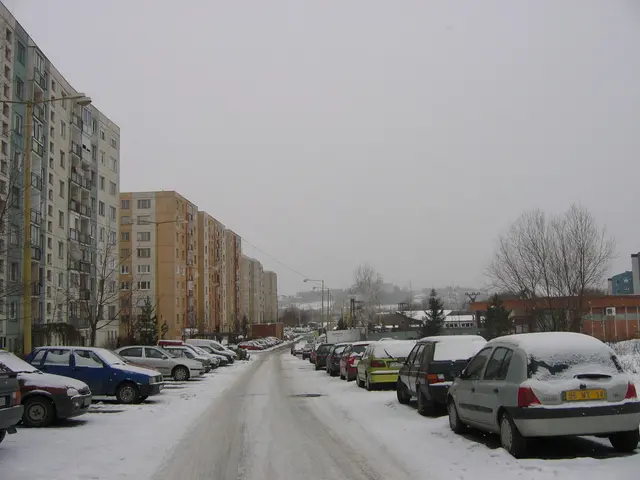Millions Struggle to Afford Heating - Germany Leads EU in Tackling Heating Poverty
Germany is performing better than the EU average in tackling heating difficulties among its population. While 9.2 percent of EU citizens struggle to heat their homes, only 6.3 percent of Germans face this issue, down from 8.2 percent last year. This is despite a significant increase in energy prices.
Germany's success can be attributed to its government initiatives. The state-owned KfW Bank offers grants and low-interest loans for homeowners to switch to climate-friendly heating systems. This subsidy program, set to continue in 2025, aims to reduce heating costs for those on limited incomes. Despite energy prices surging by 50.3 percent between 2020 and 2023, compared to a general consumer price increase of 19.3 percent, household energy was cheaper by 1.9 percent in September 2023 compared to the same month in 2022.
Contrastingly, Greece and Bulgaria had the highest proportions of people facing heating difficulties, at 19.0 percent each. Finland, on the other hand, had the lowest proportion at 2.7 percent. In Germany, 5.3 million people reported they could not adequately heat their homes in the past year.
Germany's efforts to provide heating subsidies and promote energy-efficient systems have helped reduce the number of people struggling to heat their homes. Despite energy price increases, Germany has managed to make household energy cheaper on average. However, the challenge remains significant, with 5.3 million people still facing heating difficulties.








